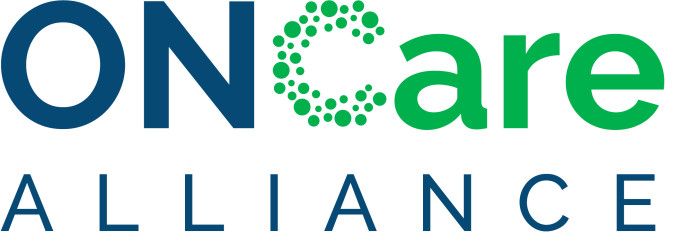
Dr Sibel Blau Discusses Adapting to Telehealth in Oncology and Future Issues

Adapting to telehealth was not difficult, but practice transformation around telehealth has been more difficult, and there remains the future uncertainty around continued reimbursement, said Sibel Blau, MD, of Northwest Medical Specialties and Quality Cancer Care Alliance.
Adapting to telehealth was not difficult, but practice transformation around telehealth has been more difficult, and there remains the future uncertainty around continued reimbursement, said Sibel Blau, MD, medical oncologist, Northwest Medical Specialties, and president and CEO, Quality Cancer Care Alliance (QCCA).
Transcript
At the 2019 QCCA Fall Leadership Summit,
It is actually very variable from practice to practice and institution to institution. I look at what we have done with telehealth for QCCA practices, and we did share this information. I see the significant variability among using telehealth among practices.
But we have adjusted very fast when telehealth became available to practice this in the beginning of the pandemic, it was a matter of days that practices started using telehealth to take care of the patients—any kind of patient actually, at that time, not just the survivorship or chemotherapy teaching or palliative care like we use now, but any kind of patient care because we wanted to reach out to all our patients out there that were afraid to come to the clinics, and we were afraid to open them to our clinics.
So, adapting to telehealth was not a big issue. Choosing the tool, using it appropriately, developing practice transformation around telehealth had been a bigger issue for most practices. And in fact, some institutions, some big academic centers and bigger hospital systems have put a break on telehealth as they don't know, or we don't know, how this is going to move into the future as far as the payment process. So, as soon as this is more clarified, and we can standardize telehealth use, I think it's going to be evolving into an era that we don't even imagine now.
And I look at Susan Dentzer’s talk last year—we were talking about the rural areas—and she was saying every patient in this country needs the same kind of care. And if you think about going to the future, the technology is going to evolve, technology's going to adjust to this way better than the doctors and the institutions adjust to this. So, I think it's going to be an amazing future. And I really believe that.
Newsletter
Stay ahead of policy, cost, and value—subscribe to AJMC for expert insights at the intersection of clinical care and health economics.









